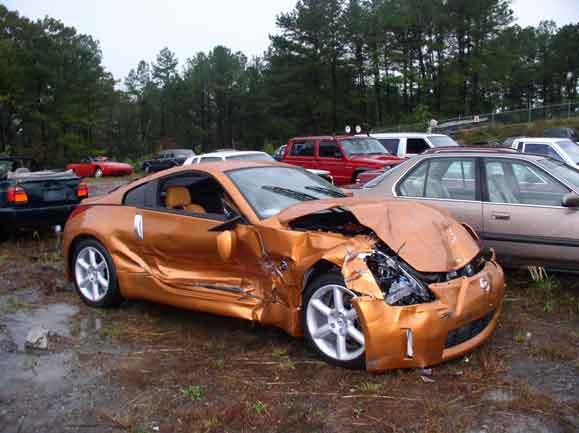
Selling your car to a scrap car dealer is an easy way to make instant money. However, keep in mind that some factors influence the value of a junk car. When you scrap a car, you primarily sell it to get the scrap value of your car rather than its trade-in value.
Since vehicles are one of the most recycled consumer products in the world, there is a sizable market for scrap products. When attempting to estimate a rate, the make, model, and year of your defective car are several of the most influential factors to consider.
Have you ever wondered how much your car is worth in scrap? The answer is dependent on where you are selling it, whether it is to a scrapyard, a trade-in, or an individual buyer. The scrap value of your car in a scrapyard is determined primarily by the demand for the metal.
The car is made of various metals, including iron, steel, and aluminium. As a result, the value is determined mostly by current metal prices. But there are obviously other factors involved when it comes to the scrap value of your car.
Let’s have a look at some of these factors to know the scrap value of your car explicitly.
Most regular car owners don’t consider this factor but it does play a significant role in determining the scrap value of your junk car. Even cars that aren’t salvageable can be easily turned into scrap metal.
A typical car contains 1100 kg of steel and 150 kg of aluminium, and all of that metal can be sold and recycled into new products. The problem is that scrap metal prices fluctuate significantly every year. Everything is determined by the supply and demand for steel and aluminium.
The metal’s demand is directly proportional to its production. As a result, when production falls, so does the demand for the metal, resulting in lower metal prices.
Salvage yards buy junk cars in order to sell their metal components, the most common of which is steel. Steel accounts for approximately 65 percent of the weight of a car, which is why steel prices are so important.
The majority of automobiles are made of a combination of metals such as aluminium, steel, iron, copper, and others. As a result of crushing junk automobiles, this metal is later offered to junk metal buyers, where it is recycled into new items and distributed further.
The scrap value of a cart varies on a monthly basis, depending on demand and inventory.
If your car is still driven, if it is particularly rare, or if there is a high demand for its parts, cash for cars will be valued more highly without much hassle. The year/make/model is also important because the true condition of the car‘s materials can vary greatly from year to year.
Few cars from certain years may contain significantly less steel and aluminium, which plays a larger role in determining the scrap value of the vehicle. Scrap car buyers are well-versed in the value of automobiles.
They will almost certainly provide a price based on the vehicle’s industrial value for breaking or exporting. Also, if this value exceeds the scrap value, the price offered for your scrap vehicle will be increased accordingly.
This is in contrast to the majority of car scrap yards, which simply use the cost based on the existing weight to determine scrap value. For a variety of reasons, these types of businesses should be avoided at all costs.
First and foremost, they are only concerned with the quick cash money turnover; they give little thought to what happens to the vehicle or even yourself once they have made a quick dollar.
Many of them will not take care of the documents, leaving you open to even more problems down the road. Who knows what will happen to your car? Where does that leave you if it doesn’t end up in a junkyard and smashed?
You might find yourself facing some legal problems.
When purchasing a vehicle, the wreckers will take into account how much it weighs on the scale. Metal makes up a large portion of an automobile’s mass, and it is also in high demand. This is why automobiles generate a significant amount of scrap metal.
As a result, the more steel a car has, the more money it will undoubtedly bring. Scrap yards pay good prices for larger vehicles such as lorries because they generate more steel for sale.
However, the current steel price will undoubtedly have an impact on this assessment. Due to the varying price of the metal, two vehicles of comparable mass can command different prices at different times.
If the weight of your car is heavy, you are more likely to receive a higher payout. Scrapyards pay you based on the amount of metal in the car, which they estimate by weighing it.
Scrapyards remove the metal body of a car and recycle the parts, which are then sold separately to other businesses.
The condition of the automobile determines what the scrapyard will be able to do it. Will they be able to fix the problem and sell the vehicle? Will they dismantle it and sell the functional spare parts?
Or will they simply turn it into scrap metal and sell it? If your scrap vehicle has only a few issues preventing it from running efficiently, you can request even more money than if it were an absolute scrap, especially if the car model’s current market value is significant.
Nonetheless, the specific issue continues to play a role. If the total cost of repairing it becomes prohibitively expensive, no customer will agree to pay that much for the vehicle.
Similarly, if your junk vehicle is an old car that can never be driven again, depending on the model, it will most likely need to be purchased for its parts or scrap value of your car.